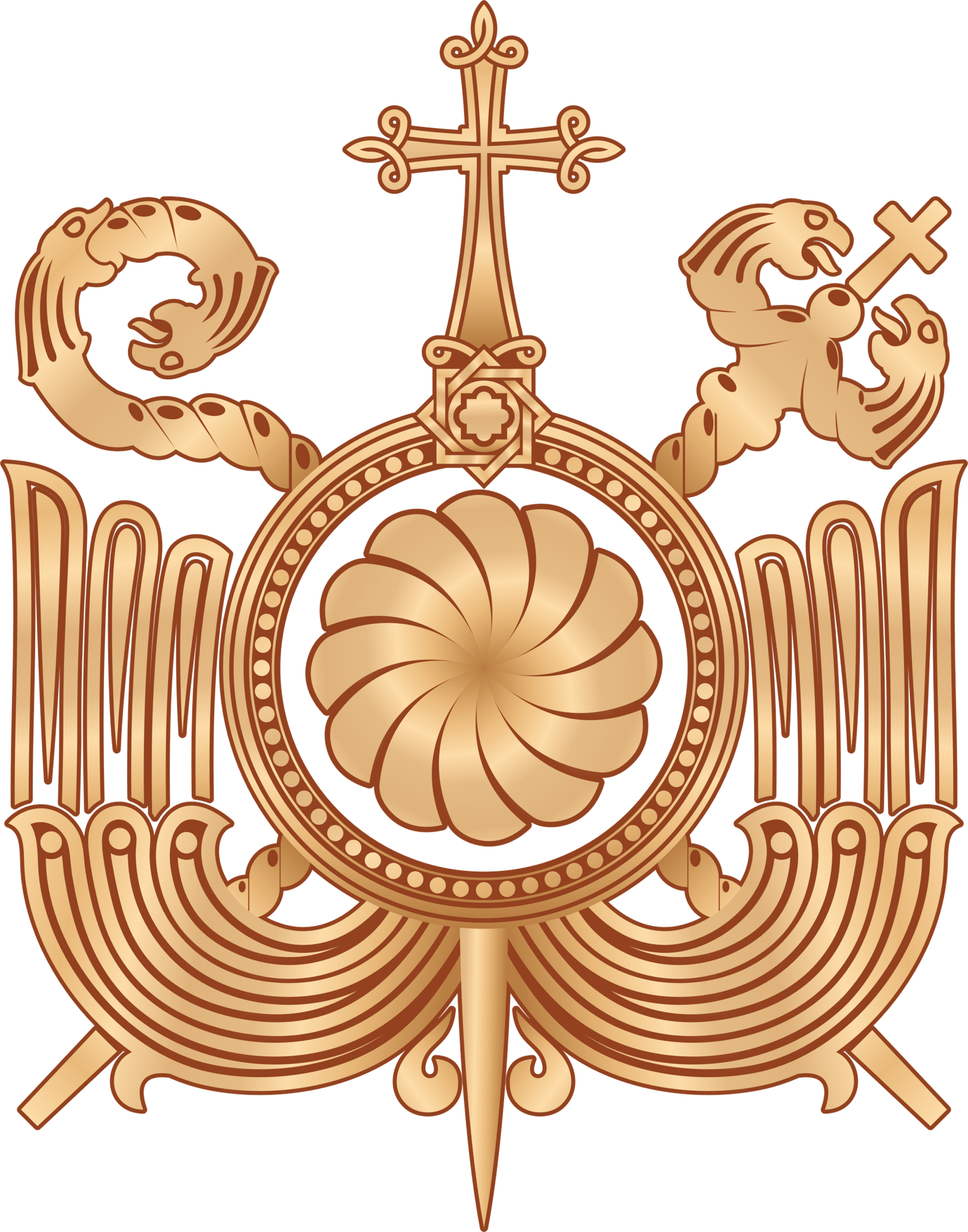“Slowdown could be fatal for our nation”: Bishop Vrtanes
Interview with the Primate of the Artsakh Diocese, His Grace Bishop Vrtanes Abrahamyan to 168.am
- Your Grace, in one of your last interviews you said that people living in the RA can at least call their friends and acquaintances living in Artsakh and talk to them. Besides calls, what can every RA citizen do for Artsakh and 120,000 Artsakh people today?
- I spoke about calls to Artsakh in the following context: so that people understand what is happening, let them call and receive information from their friends and relatives. Calling the people of Artsakh is one of the options that can provide psychological and moral support.
These calls can change a person's energy and mood. If you call a person and offer your help, this is a move that warms the person up. When a person is in the hospital and is not visited, he always looks at the door.
However, in all respects, an incomprehensible and inexplicable phenomenon is taking place today, which we cannot perceive in any way as an Armenian, Christian nation with a thousand-year history, which genetically has always had its own defense capability.
But today it seems that these disasters and victims are not noticed, people seem to freeze, people need to be awakened. I don't know what awakening methods are, I'm not a psychologist myself, I can't say. But still, in this situation, we see that the answers that the nation should give are not given.
Artsakh is in such a situation that we have no right to delay even for a minute, slowness will have much worse consequences. When the enemies see that we live like this, and when we do not resist, it seems that we are ready to die here. It seems that the victim is being taken to the slaughterhouse, and he is ready to die and only looks at his executioner with sad eyes. We have no right to live in such a format, and this is an incomprehensible phenomenon for clergy, politicians, and ordinary people. We need the whole nation to think of some kind of format to counter all this. If there are leaders, let them pluck up courage and go to the square, give all this an appropriate status, so that a way of salvation can be found.
- What can the Diaspora do in this context?
- Indeed, we see that the Diaspora is always with us. The problem is in what formats they work with the diaspora today, it will be the institution of a representative, if there is one, diplomatic workers, churches, dioceses, etc. These days, neither religious, nor political, nor party issues should be discussed at all, these days there should be only and only a call for unity, this is a matter of life and death, this is the second Sardarapat.
We all need to get on our feet, it will be to the sound of a bell, under the auspices of the intelligentsia, the church or politicians, I don't know. I think there must be leaders so that these leaders have the courage to go forward and lead our people out of this devastating situation.
- In other words, there are ways of salvation, only consolidation is needed?
- Undoubtedly, everyone knows, they know the method, the enemy is not new, we know him well and we know his behavior well. We also know about his plans. If we go out into the street and start asking questions, we will see that everyone knows our enemy from head to toe.
That is, knowing our enemy well, which is already an important circumstance, we still lack the courage to unite and put the enemy in his place. This is the strangest thing for me, if there was an unrecognizable and invisible enemy, then this would be understandable, but in this case we had the opportunity to fight this enemy on all fronts. I want to reiterate that a slowdown could have fatal consequences for our nation.



